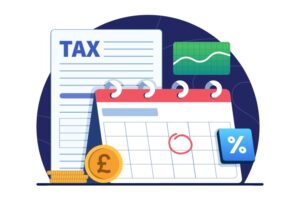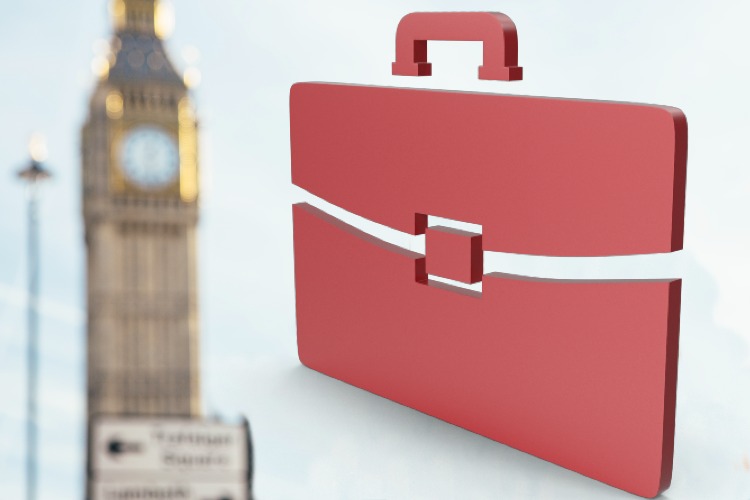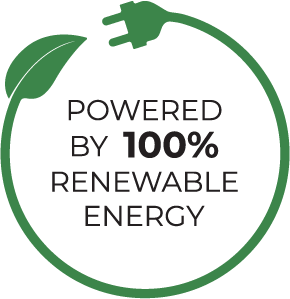For VAT registered businesses, there are many VAT codes that can be chosen. It is easy to get them wrong, leading to errors and possible under-declarations of VAT or reclaiming too much input VAT. Whilst many software packages try to help by offering “default” settings, care is still needed. As an example, motor expenses may be set as 20%- VAT on Expenses – so every time an entry is posted to this account the VAT is automatically extracted. £120 for new tyres – so £100 ends up in motor expenses and £20 as reclaimable VAT. However, pay £300 road tax – and, unless you override the automated VAT, £50 VAT will be reclaimed and £250 will go to expenses – but there is no VAT on road tax! The same principle applies to motor insurance – again no VAT but your system may automatically extract it – so care is needed!
Whilst on the subject of VAT codes-we often see a “No VAT” rate used for sales. It is likely that these sales will not appear on your VAT returns – so sales per accounts will be higher than sales on the VAT return – and HMRC may well latch on to this and start an enquiry.
These sales should generally be Zero rate sales (0%) – applying to items such as children’s clothes, basic foods, books and newspapers.
“No VAT” should be used for items outside the scope of VAT such as Drawings, dividends, tax payments to HMRC, bank transfers etc. Another option is Exempt – used for items such as selling insurance policies, MOTS charged by a garage etc.
Items outside the scope of VAT do not go on a VAT return, exempt sales should be included and will appear in box 6 for sales or box 7 for purchases.
It is not practicable to list every scenario here but if you would like a review of your workings or are unsure how certain transactions should be treated, please contact us now.










